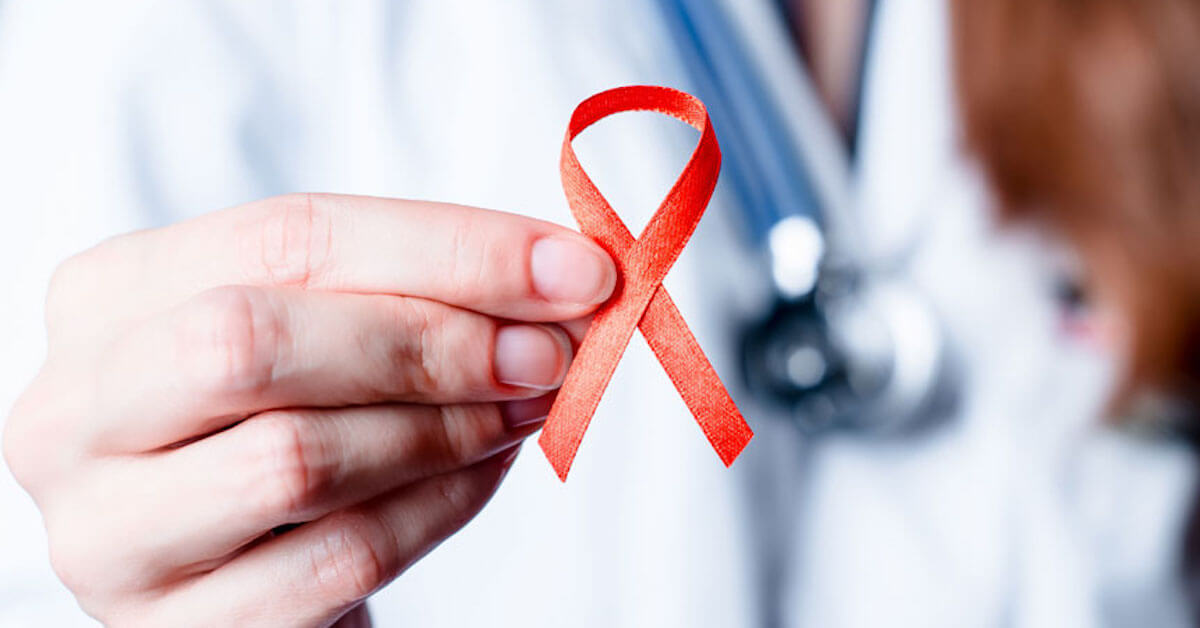In the Caribbean alone, HIV/AIDS is the leading cause of death in individuals aged 19 to 49. Undoubtedly, youth have the potential to transform societies by constantly questioning healthcare practices, social norms, and policies. Especially, medical students and healthcare professionals can play a more holistic role in HIV awareness and encouraging the fight against the disease, due to their specialized training and close engagement with communities. Here’s what medical students can do on this World’s AIDS day to become powerful advocates, educators, and allies in the efforts towards HIV and improve access to treatment and care.
Organizing Workshops and Seminars
One of the best initiatives medical students can take to spread awareness about AIDS, its transmission, prevention, the importance of early diagnosis, and treatment options, is to organize and host educational events within their academic institutions or local communities.
Use these workshops and seminars to teach individuals about how HIV is transmitted, as well as highlight various prevention methods such as safe sex practices, needle exchange programs, and pre-exposure prophylaxis (PrEP). Explore the stigma associated with HIV/AIDS and its negative repercussions on individuals and communities, and leverage your knowledge, skills, and empathy to find ways to promote acceptance and support for the affected. It is also possible to sell symbolic red ribbons and other keepsakes to collect funds for victims.
Caribbean school Schools can even put up a stand in the entrance hall with students and faculty who are willing to invite all passers-by for a chat and provide information on the disease, prevention, treatment, and testing options, as well as the importance of regular health check-ups. Especially young medical students are highly likely to come across AIDs patients during their pre-clinical training and even expected to perform minor bed side surgical procedures. Which is why they should have complete awareness of prevention of accidental exposures to infected clinical material and procedures.
Community Outreach Programs
Medical students can also collaborate with local health organizations or NGOs to conduct outreach programs in schools, community centers, or public spaces to overcome access barriers and bring comprehensive HIV/AIDS information to affected communities. Develop educational materials, presentations, pamphlets, or visuals that are clear, culturally sensitive, and engaging, and be sure to use simple language and visual aids to communicate complex information effectively. Make sure to leverage diverse communication channels such as social media, flyers, community bulletin boards, radio announcements, or local newspapers to reach a wider audience. Use these programs to disseminate information about local healthcare services, HIV testing centers, support groups, and available resources. And last but not the least, make sure the participants know where to seek help or additional information if needed.
Social Media Campaigns
You can make use of various digital platforms to share information about HIV and ways to prevent the transmission, as well as debunk myths. Engage with peers and the broader public through informative, visually appealing, and shareable posts, infographics, live Q&A sessions, as well as videos, infographics, testimonials, statistics, and interactive posts. Collaborate with influencers, healthcare professionals, NGOs, or community leaders to amplify your campaign’s reach and credibility. You can also share real stories of individuals affected by HIV/AIDS or testimonials from healthcare workers to personalize the issue and evoke empathy.
Peer Education Programs
Establish peer education groups where medical students empower their fellow students and peers with the knowledge and skills to protect themselves and others. Be sure to offer comprehensive training to selected peer educators on HIV/AIDS, including transmission, prevention methods, treatment options, stigma reduction, and effective communication skills. Create a safe and non-judgmental environment where participants feel comfortable asking questions and discussing sensitive topics related to HIV/AIDS. Allow peer educators to share personal stories or experiences related to HIV/AIDS, which can make the information more relatable and impactful.
Supporting HIV/AIDS Patients
Being diagnosed with HIV is a devastating news for the individuals as well as their loved ones. Medical students can volunteer at AIDS clinics or support groups to witness first-hand the challenges and setbacks faced by affected individuals, and offer support and reassurance that HIV is a manageable health condition. Offer empathy, understanding, and be willing to have open, honest conversations about HIV in a safe, non-judgmental environment. Remember that just lending out a listening ear and providing emotional support can significantly impact someone living with HIV/AIDS. As healthcare professionals, we should all strive towards on building a better world where HIV patients thrive within an atmosphere of acceptance and compassion, and where they are more than their diagnosis.







